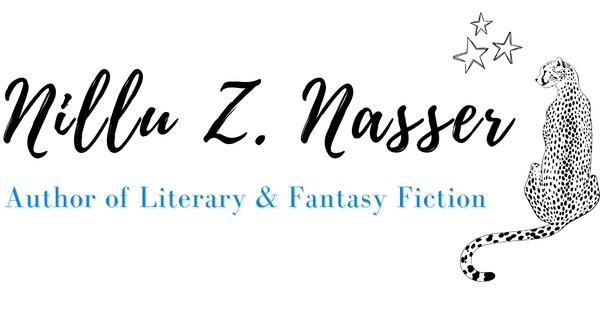What I Wish I’d Known at the Start of my Writing Journey
Share
I’ve been a reader for as long as I can remember. As a child, I used to sneak away from family gatherings to devour another few chapters of a novel. I hid stories and a pen torch underneath my bedcovers for use after lights out. As an adult, I sometimes take my book with me to the toilets at work for just a few more minutes in my imaginary world.

By Cast a Line
Writing was a different matter. How old were you when you first started to put ink on paper? Have you always been compelled to write or is it a talent that has to compete for attention? I have dozens of half-written stories strewn across my hard drive, but it took having children to crystalise my dream: I wanted to write fiction professionally. According to Malcolm Gladwell, it takes 10,000 hours of practice at any given discipline to be successful at it. How I thank my lucky stars that it wasn’t my dream to be a professional footballer, or a ballet dancer. It’s never too late to start writing. There is no reason why you can’t write until you run out of stories.
Writing is time intensive. There are no short-cuts to learning the craft, but there are false starts. I decided to put a list together of tips I would share with writers at the start of their journey. Here they are:
Commitment is everything
Take yourself seriously as a writer. Establish a writing routine, commit to an idea and live your characters. Make sure you finish your stories, even if they don’t turn out the way you expected. Find someone to beta-read your work and polish it as much as you can. Don’t bury your stories in a drawer. Hand them to a reader and let them live. You want to be a writer? Act like one.
Find a support network
If it’s hard to share your dream with those close to you, find another support network. Join a local writers’ group, sign-up for National Novel Writing Month or find like-minded people on Twitter. I’m still shy about my writing dream but once I got the hang of Twitter there was no going back. I have learnt so much and received so much support from my Twitter family. There are voices there that I miss if I don’t hear them for a day or two, but I never feel the pressure to engage if I don’t want to. Surrounding myself with writers inspires me and motivates me to retain focus on my own writing. If you haven’t already checked out the writing communities around @FridayPhrases, @MondayBlogs and @FlashFridayFic, you’re missing out.
Literature and Latte’s Scrivener
Scrivener is a revelation for long-form writing. At just under £30 at the time of writing this piece, it represents fantastic value for money for the job that it does and the amount of use I get out of it. It allows you to have one tidy document for each project. For me, tidy is really important. I need my head, my desk and my computer to be clear if I’m going to work well. Scrivener takes away the temptation to format your document as you go along. It allows you to create and manipulate text within one document. You can drag and drop files and urls into the research folder. It provides you with templates for different types of documents including character crib sheets and has a no fuss composition mode. You can mark up the document, create synopses on index cards and use split views to compare different versions of your text. There’s a tool for following individual plot strands and to view project statistics. On completion you can create various versions of the document including text files, eBooks and webpages. Scrivener also automatically saves your work and has its own trash can, so it’s pretty much impossible for you to lose your work unless you are trying to. You can trial it for free for 30 days here.
Don’t fret if the words don’t flow
If the words aren’t flowing, shake up your routine. Don’t think too hard about the plot problem you are trying to unfurl or the phrasing you just can’t get right. Change your scenery by going for a walk. Make a playlist of songs to match the mood of your scene. Do something monotonous or repetitive like washing the dishes or doing the gardening. If the glowing screen in front of you is taunting you with your lack of productivity, grab a notebook and scrawl away in illegible writing, desecrate a pristine A3 pad with rubbish drawings. Give your story the room to come alive however it wants to.
What would you tell a writer at the start of their journey?
